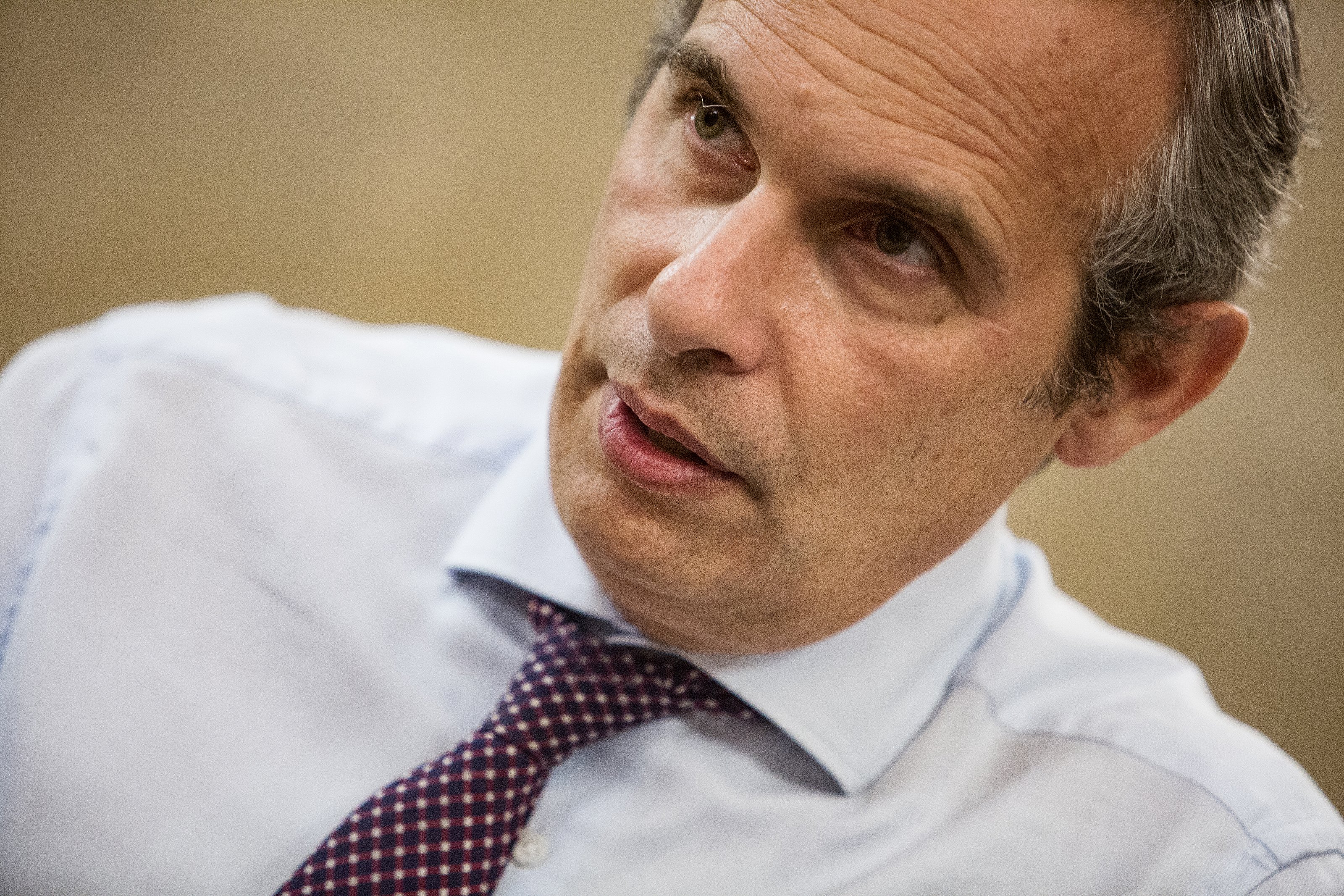National Audience judge Diego de Egea has provisionally shelved the investigation into charges of concealment against the four people who were with Catalan president Carles Puigdemont when he was arrested in Germany earlier this year. At that point, the president was returning to Belgium from Finland after Supreme Court judge Pablo Llarena reactivated the European Arrest Warrant against him. The National Police drafted a report against the four for possible crimes of concealment, so National Audience prosecutors started investigation proceedings.
The four are two mossos d'esquadra (members of the Catalan police), Xavier Goicoechea Fernández and Carlos de Pedro López, the historian Josep Lluís Alay and the businessperson and friend of Puigdemont Josep Maria Matamala. The last of these was the only one who didn't present themselves in court to testify during the investigation, so the judge has asked prosecutors if he should issue an international arrest warrant against him.
As for the two police officers, the judge concludes, having analysed the facts, that they were on leave the day Puigdemont was taken into custody, 25th March. Given that, and the fact that Alay isn't a civil servant, the judge concludes that these three weren't exercising public roles at the time in question.
Moreover, De Egea says that there is "no rational hints" that any of the four were aware the warrant against Puigdemont had been reactivated two days earlier and that they were accompanying him "for simple friendship relationships".
Arrest warrant for Matamala?
The judge notes that the definition of concealment "requires the intention consistent with acting with the awareness of the commission of the crime", as well as "the aim to prevent the discovery of the crime". De Egea adds, citing Supreme Court precedent, that a simple suspicion or assumption is insufficient, there needs to be an awareness of the punishable transgression committed. "This crime isn't committed, then, when the facts are committed through carelessness, neglect or negligence," he writes.
In the case of Matamala, the judge asks prosecutors if he should issue a international search, arrest and extradition warrant. The other three appeared in court on 4th June. If prosecutors do ask for such a warrant and the judge issues it, the case against him would reopen.

